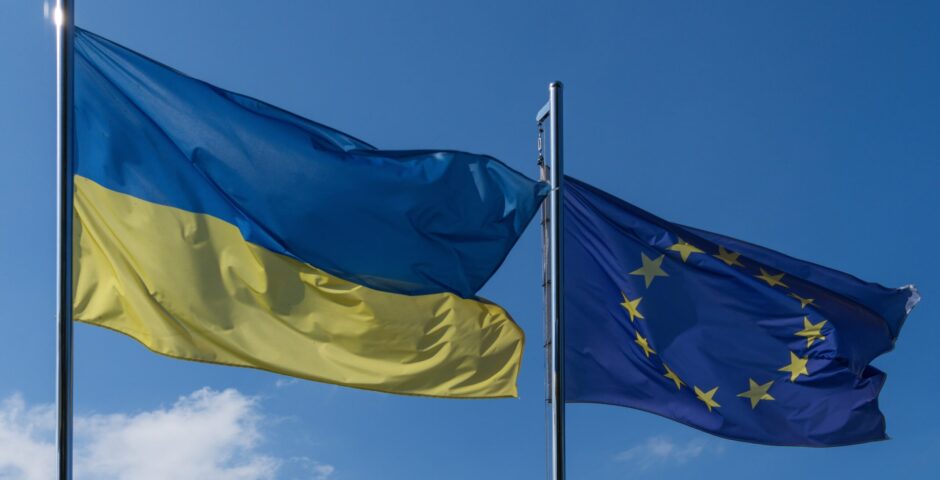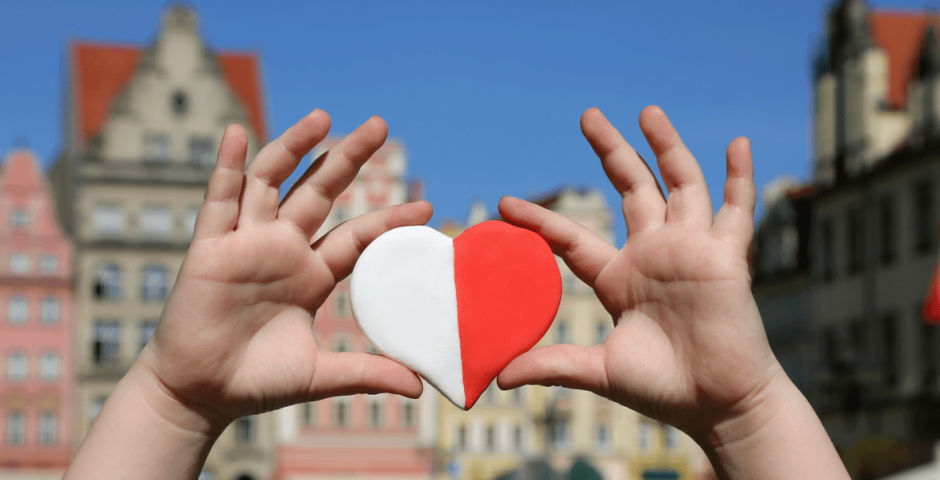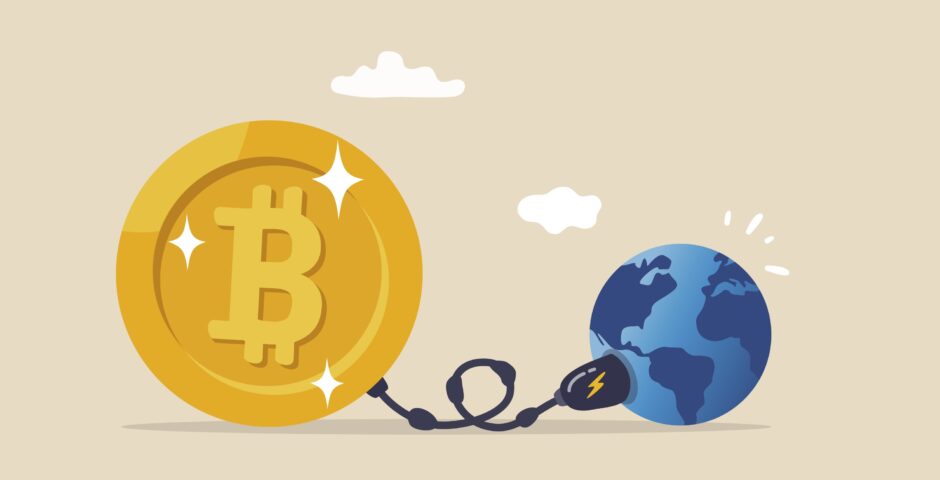The EU’s response to Putin’s invasion of Ukraine

On Thursday the 24th of February 2022, a shadow that many thought had been left in the dustbin of history descended once again over the European continent. In a sudden and unprovoked attack, the Russian Federation invaded Ukraine from three sides, swiftly ending any hopes for a peaceful resolution to the escalating tensions caused by amassing Russian forces in Belarus, the occupied territory of Crimea, and on Ukraine’s eastern border. It is a tragedy that a pro-democracy movement that started with the ousting of an increasingly authoritarian, Russia-oriented Ukrainian president in 2013 has led to a war of conquest driven by Putin’s deluded ambitions to rebuild the pre-World War 1 Russian Empire. In a moment that can only be described as world-altering, it is up to the West to curb Putin’s authoritarian expansion and support the Ukrainian people in their fight for their homeland and their democratic ideals.
With many outlets reporting on the policy responses that the EU and others should take vis-à-vis Putin, we want to focus on what the EU can do to support the Ukrainian people in their hour of need. While the situation on the ground is changing by the minute, we believe the EU should step up immediately to support the primary victims of this war: Ukrainian citizens. With hundreds of thousands of civilians already fleeing their homes for safety and Russian forces continuing to attack Ukraine’s major cities, it is likely that the conflict will eventually result in millions of displaced Ukrainians. Already during these first days, Ukraine’s neighbours, including Poland, Slovakia, Hungary, and Romania, are preparing for a major influx of Ukrainian civilians.
Humanitarian response to refugee stream
Between one and three million people might try to leave Ukraine in the coming weeks, according to UN estimates. In stark contrast to early stances surrounding refugees, the governing Polish Law and Justice (PiS) party has said it will welcome refugees from Ukraine. The same is true for Hungary, Slovakia, and Romania, all of which have announced their willingness to accept tens to hundreds of thousands of Ukrainian refugees. While this is great news, western EU member states need to step up to support the EU’s eastern flank. For years, the EU has advocated for reception in the region, arguing that local integration is one of the most “durable solutions” for refugees. This is the EU’s chance to put its money, effort, and political support where its mouth is. The Ukrainian people defending their right to a European and democratic future deserve to be supported in their struggle against Russia, and the Ukrainians needing to flee deserve to be received with open arms.
Financial support for Ukraine and Eastern European Member States
While Eastern European countries are currently welcoming Ukrainian refugees with open arms, they cannot be expected to continue doing so without help, as states that host refugees incur substantial financial costs. These costs are incurred directly due to the need to hire extra government officials, doctors, and security personnel. But also indirectly since the sudden influx of people increases market prices, decreases local wages, and places significant pressure on local infrastructure. To ensure that Ukrainians can continue to seek refugee in Europe it is of the utmost importance that the EU financially supports those member states that border Ukraine.
In the short term, this can be done through the €370 million made available through the European Civil Protection and Humanitarian Aid Operations budget for unanticipated crises or sudden peaks in existing crises. While it’s unlikely to fully offset the costs of the Eastern European countries, it will, in the short term, provide budgetary breathing room, and more importantly, send the signal that the EU fully supports their humanitarian efforts.
As there is no way to know when the war will come to an end, a medium- and long term financial support strategy is also necessary. Herein it is important to facilitate a balanced spread of refugees across member-states to, among other things, ensure that each countries’ infrastructure can handle the influx of people. Moreover, member states that receive financial support for hosting refugees should be required to, within a certain timeframe, provide the necessary administrative support and schooling to enable refugees to transition into the local workforce. Through this policy, Ukrainian refugees in Europe can over time become financially independent and thereby reduce the need of member states for European financial support.
Looking beyond the EU’s eastern border, the European Commission (EC) has already taken significant steps to financially support Ukraine. On the 24th of January 2022, the EC proposed a new financial assistance package of €1.2 billion, and it also doubled its bilateral assistance to Ukraine to €120 million. However, in addition to sending financial assistance, it is important that the EU remains steadfast in investing in Ukraine according to its Investment Plan for the country as soon as the country reestablishes its independence. This will not only showcase that the EU believes in Ukraine and that it has a future worth fighting for, but also contribute to a more prosperous rebuilding of the country.
Conclusion
The consequences of the Russian-Ukrainian war will be enormous. Thousands of Europeans are expected to lose their lives, millions are to become refugees, and billions of euros worth of Ukrainian infrastructure will be destroyed. Yet, in the face of this dark prospect, the member states have come together in a manner not seen before to support the Ukrainian people and to penalize Russia economically and diplomatically. However, the EU cannot afford to become complacent, the pressure on Russia must be increased until there is a complete military disengagement. Only then peace can be achieved.
To support Ukraine the EU has opened both its wallet and its borders. At the same time, hosting refugees and transferring money is, while desperately needed, no solution in and of itself. It is necessary for the EU to develop and facilitate integration tracks for Ukrainian refugees, to enable them to enrol in the labour market and participate in the daily life of their host country. Additionally, it is important for the EU to expand upon its Investment Plan to highlight the role it sees for itself in rebuilding the country once the war is over.
For too long European countries have thought that a large-scale war in Europe was impossible. Yet, the past week has shown that the EU has to let go of this hope. As a direct result of this, the EU should start developing strategies on how to respond to future (Russian) acts of aggression against other countries in the region such as Moldova. While a bitter realisation, appeasement of Putin’s Russia has thus far only wielded further aggression. The EU and its member states must be willing to act decisively and incur economic costs to minimise the chance of future conflict. By facing these challenges head-on, the EU can show that it is willing to incur economic and diplomatic pain to protect the rules-based order. Complacency in the face of flagrant violations of international law not only risks emboldening Russia further but would be seen as a clear sign of weakness by other authoritarian states looking to expand their territory. We will all be worse off for it.
Marnix Vermeer obtained a Master in Economics: Global challenges and macroeconomic policy from Maastricht University, and is currently pursuing a Master in International Relations in Barcelona.
Daniel Niekel is a graduate of the Rijksuniversiteit Groningen with a master’s in International Business & Management.
Image: Shutterstock




